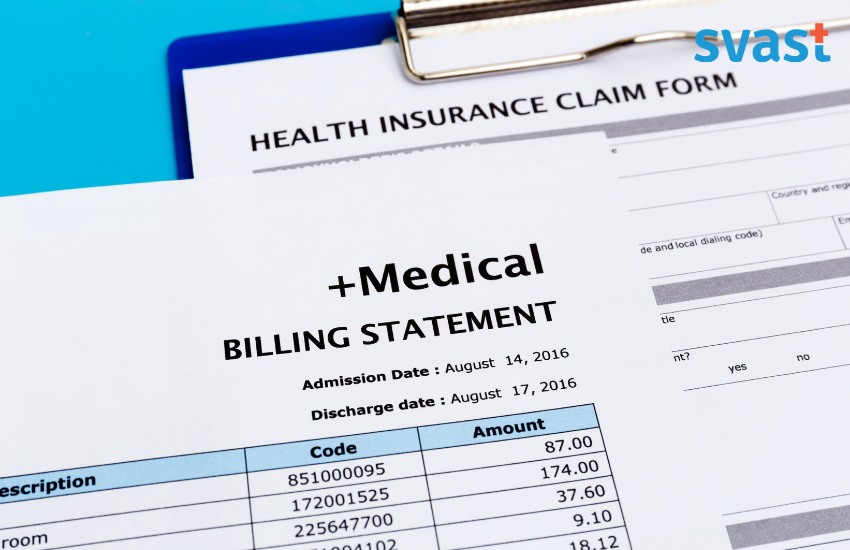5 Tips to Collect Outstanding Patient Balances

High deductible health plans and higher copays have driven practices to focus more attention on collecting large outstanding patient balances. For many practices, patient collections account for 20-30% of their overall revenue, so it’s more important than ever that the practice staff be comfortable with and trained on how to collect overdue self-pay balances.
5 Tips for Collecting Outstanding Patient Balances
1. Collect Copays Immediately
It’s more cost effective for the practice to collect a patient’s balance when the patient is in the office rather than sending costly statements. All copay’s should be collected at the time of service. If your patients are accustomed to being sent a statement for their copay, your staff will need to educate patients on any changes within the payment policy and it should be posted where patients can visibly read it.
2. Reminder Calls
If your practice makes reminder calls to patients or when a patient calls in to schedule an appointment, remind the patient if they have an overdue balance and payment is expected at their next appointment. Collect all overdue patient balances and copays at check-in or checkout.
3. Payment Options
I’m sure all office staff have heard the phrase from a patient “I don’t have my wallet, can you send me a statement?” Make it easy for a patient to pay: remind them once they get home, they can call in with a credit card/debit card or send them home with an envelope with your return address and ask them to drop the payment in the mail. They can always stop by the office later that day with the payment.
4. Offer Payment Plans
If the patient is not able to pay their outstanding balance due to financial hardship, talk with them to work out a payment plan that is comfortable for the patient and practice. Also offer to provide the patient with forms of financial assistance, such as State programs or Care Credit.
5. Courtesy Calls
Follow-up on all outstanding overdue self-pay balances. Make courtesy calls to the patient to remind them about an outstanding balance, or send the patient a letter. A letter signed from a physician is more powerful and receives a better response than a generic signature.
By implementing the changes above, your practice will begin to see an increase revenue. Start to focus on collecting outstanding patient accounts receivable and quickly see your patient statement costs go down.
Trusted RCM and billing partner for physician practices and hospitals. Billed $1B+ over past 20 years for 100+ clients.
